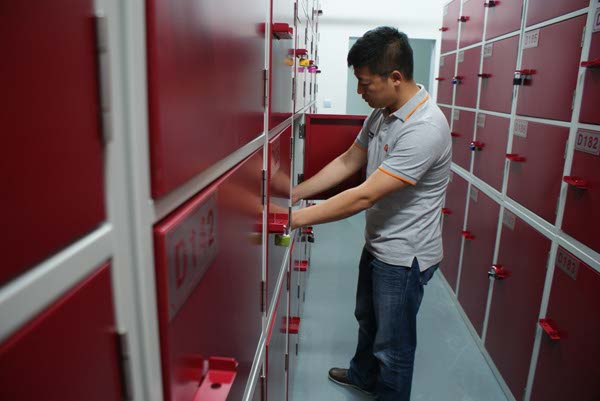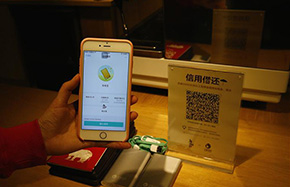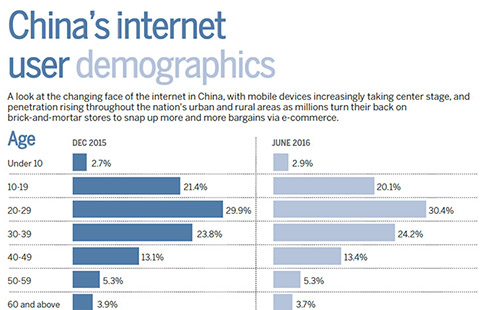Young, wealthy store their problems away
In Europe, 70 percent of self-storage customers are private individuals, with business people accounting for the rest. But in Asia, it's the other way around, with business accounting for 60 percent and individuals 40 percent, Spitzy said.
"There are more entrepreneurs and small companies in China. For a new startup, they don't want to spend a lot of money on a warehouse. So they rent 10 to 20 sq m at a self-storage company instead. We have many different customers. For example, China Mobile is one of our customers. They rented 100 sq m for server equipment," he said.
"We also have people who are moving to a new house. If the contract on their old house has already expired and the new one is not ready yet, they have to wait another two or three weeks before they can move in. So they just put their belongings in storage."
Trade show exhibitors are also a major segment of the self-storage industry.
"If a foreigner wants to attend exhibitions in Shanghai and has samples, he often sends them months earlier to make sure they clear customs in time. Once cleared, exhibitors can store their samples for the exhibitions," he said.
"We also have landlords as customers. Some of their tenants decide not to use the existing furniture in the apartment. Rather than having it renting out, many landlords prefer to spend a bit of money to keep the unneeded furniture in self storage," he said.
Most of the company's customers are young, adaptable and practical individuals who don't like crowded living spaces and prefer to store away off-season clothes.
"It's a very efficient and modern lifestyle. We target a specific group of people. Self storage is a lifestyle product. You just use it for two or three weeks to solve temporary needs. Ultimately, this is a luxury," he said.
Shi Yingying contributed to this story.


















